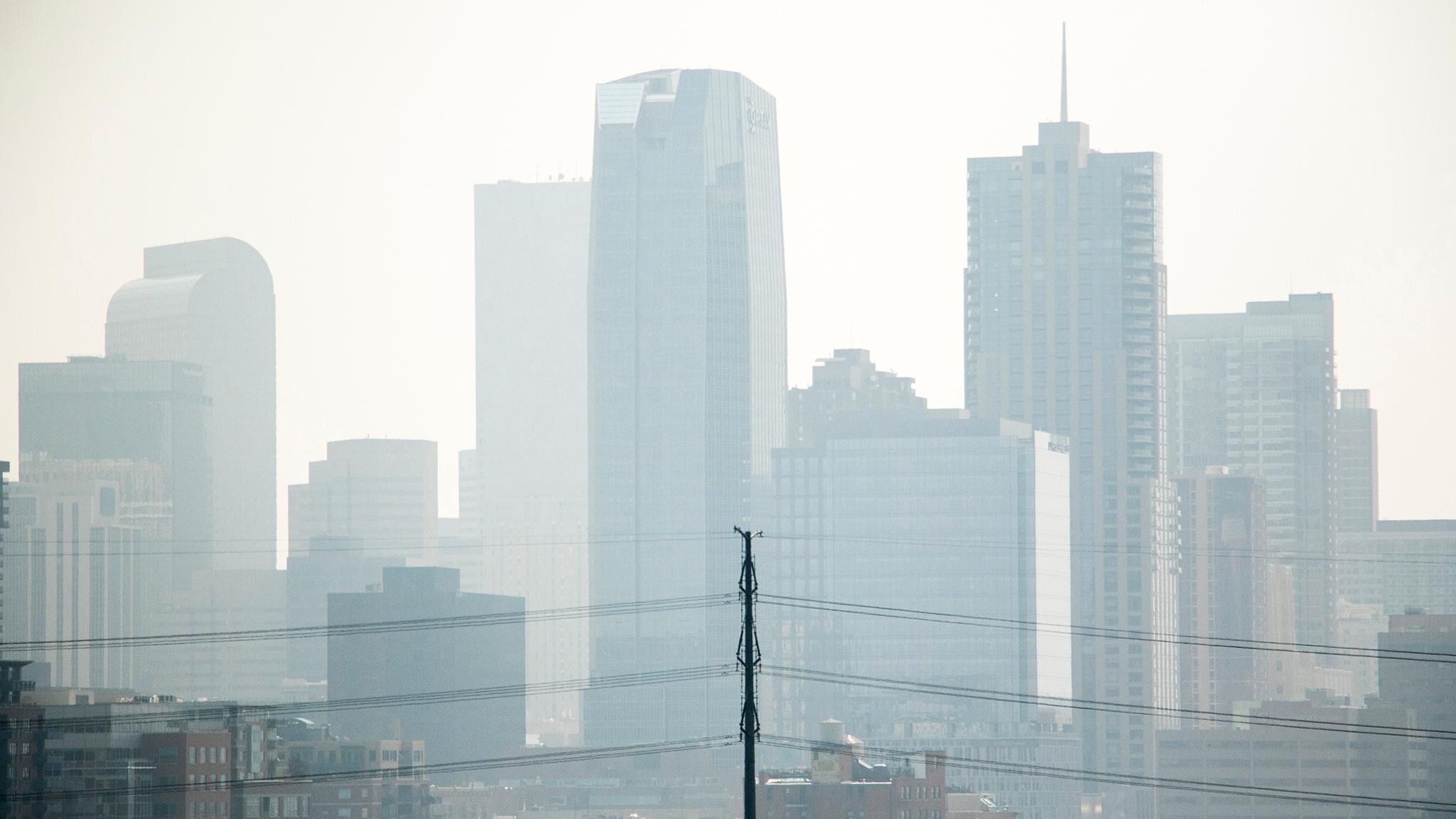Seven Denver City Council members will introduce a tax on commercial and industrial polluters aimed at lowering harmful emissions and aligning the city with the Paris climate agreement.
If approved, the levy will appear on the November ballot for Denver voters. "Carbon taxes" or "pollution taxes" charge extra for energy that emits greenhouse gasses, like electricity and heat generated by coal and natural gas.
"Our president stood up and said, 'I'm out (of the Paris accords),' and we stood up and said we're in," said City Council President and initiative co-sponsor Jolon Clark. "In some ways what we did was worse, because at least the president was straightforward. Our citizens are thinking Denver is doing what we need to be doing and we're not."
The measure would raise an estimated $43 million a year, according to the City Council, by charging building owners and industrial businesses 6 cents per kilowatt of electricity and 7 cents per therm of natural gas.
The levy will incentivize energy efficiency upgrades to buildings and the installation of solar panels, according the council. Elected officials also hope it encourages workforce development to transition people from dirty energy jobs to sustainable energy jobs.
The revenue would fund a Denver Office of Climate Action, Sustainability and Resiliency to invigorate programs and policies that fight climate change, while transitioning the city to a greener economy. By reporting directly to the mayor, the office would elevate the crisis of climate change and cut the red tape choking Denver's current approach to climate change, according to Clark.
"The climate team is buried two or three positions deep before you hit someone, who's not a climate expert, with decision-making power," Clark said. "I want a clear line of sight from the people doing climate work in our city to elected leaders, and I think that this does that."
The carbon tax initiative comes after a citizen-led version failed to grab enough signatures to make the ballot, but has been in the works longer, according to Clark.
Council members Stacie Gilmore, Amanda Sandoval, Amanda Sawyer, Paul Kashmann, Candi CdeBaca and Chris Hinds co-sponsored the initiative.
No major city in America has a carbon tax, but Boulder does.














